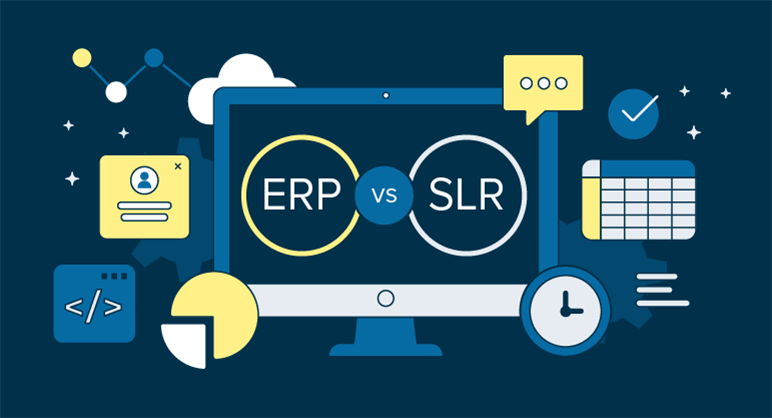In the ever-evolving world of finance and accounting, accuracy, efficiency, and agility are paramount. To meet the demands of today’s complex business environment, financial institutions require more than just traditional accounting systems. They need a dynamic solution that can handle advanced calculations, deliver precise accounting entries, and seamlessly integrate with their existing accounting hub or subledger.
This is where a robust calculation engine comes into play. In this blog post, we’ll explore how leveraging a calculation engine can supercharge your accounting hub and subledger, revolutionizing the way you manage financial data and transactions.
Advanced Calculations:
A calculation engine, such as Aptitude Calculate, empowers organizations to perform intricate calculations with ease. Whether it’s amortizing investments over time, recognizing revenues and applying interest rates, or distributing amounts across various dimensions, a calculation engine can handle complex mathematical tasks effortlessly. This not only saves time but also ensures accuracy in financial calculations.
Integration with Accounting Hubs:
One of the key advantages of a calculation engine is its seamless integration with accounting hubs like Aptitude Accounting Hub (AAH). By combining the power of a calculation engine with your accounting hub, you can automate the generation of accounting entries based on the results of your calculations. This integration eliminates manual data entry, reduces errors, and accelerates the financial close process.
Enhanced Subledger Functionality:
For organizations using subledgers, a calculation engine enhances functionality significantly. It allows you to perform calculations at a granular level, offering precise insights into financial transactions. Whether you’re managing diverse product lines, multiple currencies, or complex business models, a calculation engine can adapt to your specific requirements.
Data Aggregation and Dimensional Analysis:
Efficient data aggregation and multidimensional analysis are vital in finance. A calculation engine can consolidate data across various dimensions, providing a comprehensive view of financial performance. This is particularly valuable for businesses dealing with intricate distribution models, such as insurance companies allocating expenses based on claims by profit centre or line of business.
Real-time Decision-Making and Scenario Analysis:
In today’s fast-paced business environment, timely decision-making is essential. A calculation engine empowers finance teams to access real-time insights and perform scenario analysis. With the ability to alter parameters like expense factors or interest rates, financial professionals can run “what-if” simulations to evaluate different scenarios and their potential impact on financial outcomes. This capability is invaluable for risk assessment, strategic planning, and ensuring readiness to adapt to changing market conditions.
Conclusion:
Incorporating a calculation engine into your financial ecosystem can be a game-changer. It enhances the capabilities of your accounting hub or subledger, enabling advanced calculations, precise accounting entries, and real-time decision-making. As businesses strive for greater efficiency and accuracy in their financial operations, a calculation engine emerges as a vital tool in the modern finance toolkit.
Stay tuned as we delve deeper into the benefits, use cases, and implementation strategies of calculation engines in upcoming blog posts.





